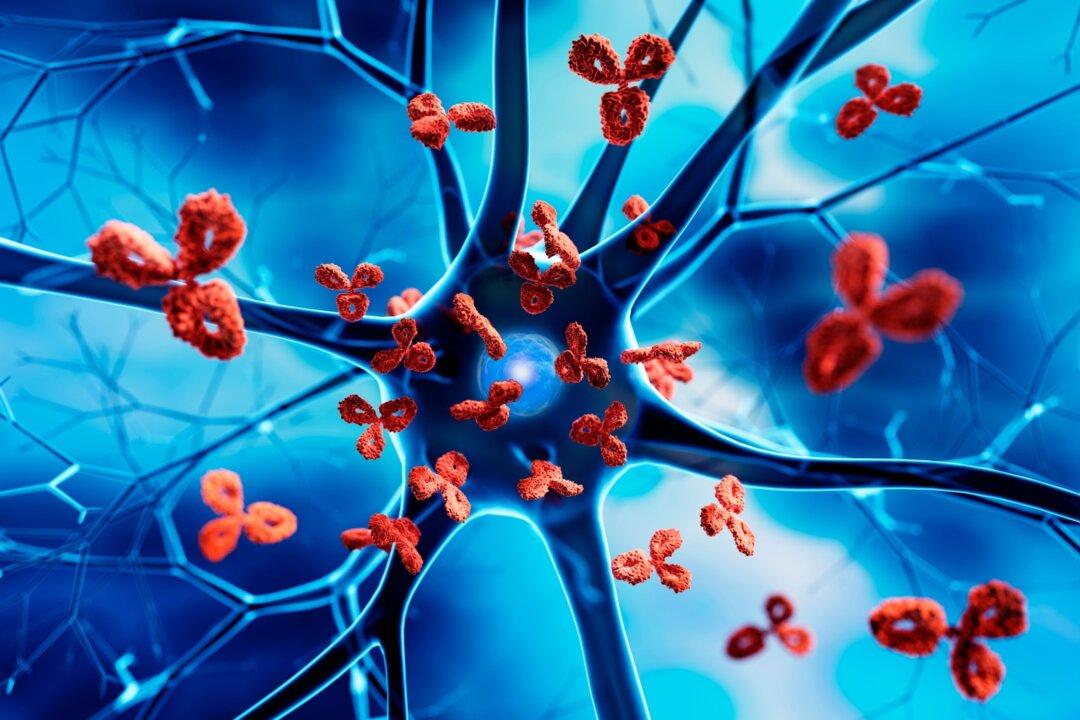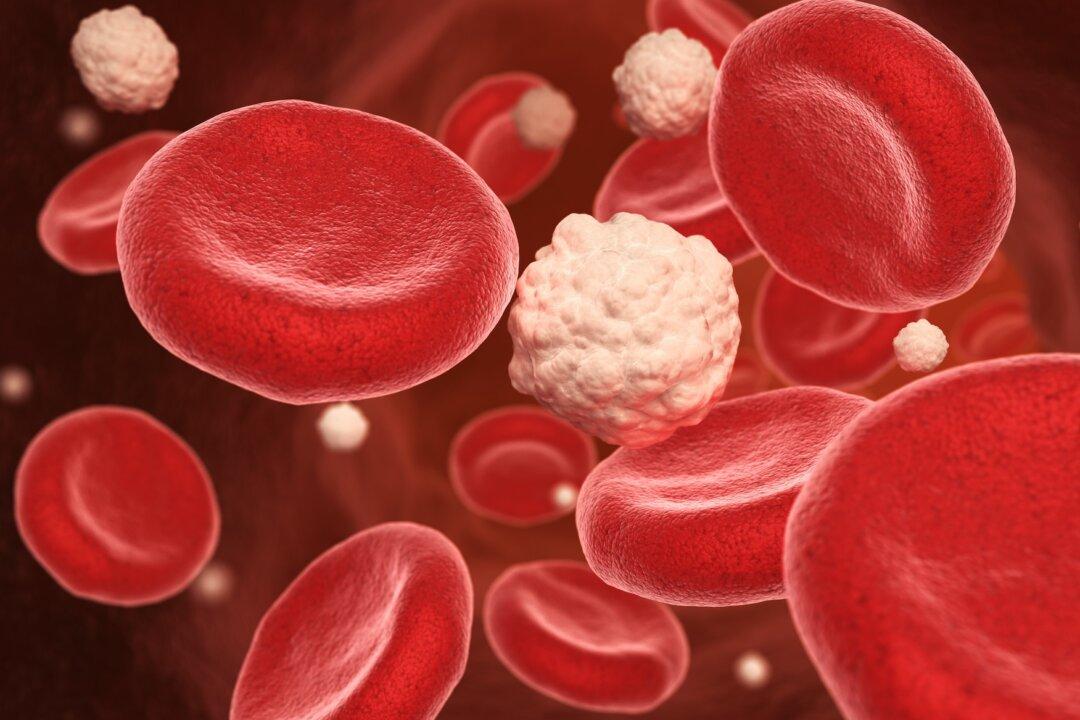With the media focus on cancer and heart disease, most people don’t know we are living amid an autoimmune epidemic.
Some shocking stats:
- The American Autoimmune Related Diseases Association (AARDA) estimates up to 50 million Americans have an autoimmune disease (AD). In comparison, cancer affects up to 9 million and heart disease up to 22 million.
- Researchers have identified nearly 100 different autoimmune diseases and suspect at least 40 more will soon be added to the list.
- NIH research funding for AD in 2003 was $591 million. Cancer funding came to $6.1 billion, and heart and stroke $2.4 billion.
- According to the Department of Health and Human Services’ Office of Women’s Health, autoimmunity ranked #1 in a top-ten list of health topics requested by callers.
- A close genetic relationship exists among autoimmune disease, explaining clustering in individuals and families.
- Symptoms cross many medical specialties and are frequently missed or misdiagnosed.
- Conventional medical education is behind on autoimmune disease diagnostics and treatment protocols.
- Specialists aren’t trained to recognize or treat the interrelationships among different autoimmune conditions.
- Because initial symptoms are often sporadic or non-specific, many patients suffer for years before proper diagnosis (if any).
- More inter-disciplinary sharing of information is needed.






